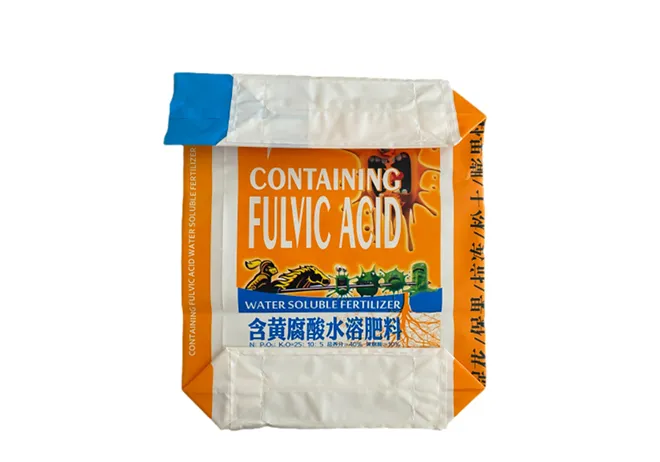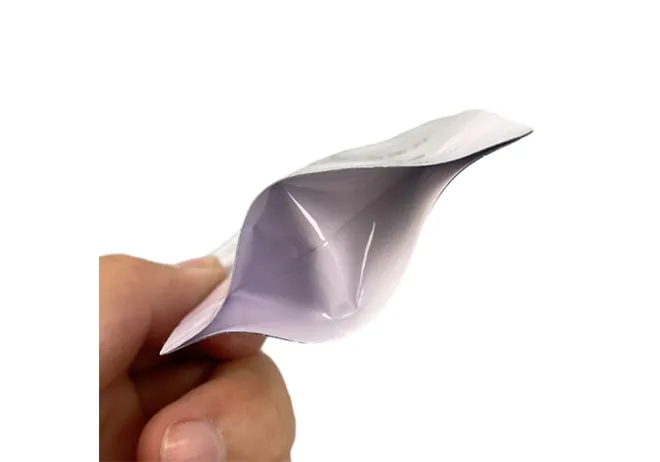Vacuum packing, an innovation driven by the need for extended shelf-life and food preservation, is a cornerstone in modern culinary operations, both domestic and commercial. As the market for vacuum pack machines grows, choosing the right machine becomes a critical decision that can enhance operational efficiency, reduce waste, and ensure food safety. These machines are a formidable asset for culinary enthusiasts, retailers, and food production facilities, promising an improved preservation experience.

Vacuum pack machines operate by extracting air from the storage package before sealing it, which significantly inhibits the growth of bacteria and molds, thus prolonging food longevity. Within the expansive product spectrum lies a variety of machines tailored to different needs — from compact units designed for home use to industrial-grade models suited for high-volume operations.
Understanding the different types of vacuum pack machines is essential. Chamber vacuum sealers are often recommended for heavy-duty use. Their robustness and ability to handle liquid-rich foods make them a preferred choice in professional settings like restaurants and catering services. By placing the entire bag within a chamber before vacuuming and sealing, they ensure an even and consistent vacuum seal across various bag sizes.

On the other end of the spectrum, external vacuum sealers are ideal for lighter home use. They're more portable and user-friendly, making them excellent for personal kitchens. These machines work by pumping air out of the bag through an external nozzle. Though typically less powerful than chamber models, advances in technology now allow them to achieve substantial seals for everyday food items.
The material and size of a vacuum pack machine significantly influence its performance and suitability for specific applications. Stainless steel models, for example, are known for their durability and resistance to corrosion, making them a wise investment for high-frequency usage. Furthermore, choosing the correct size is crucial; a machine that is too small could hinder productivity, while an excessively large machine might be unnecessarily cumbersome, especially in space-constrained environments.
vacuum pack machines for sale
Beyond the technical specifications, its role in sustainability cannot be overlooked. Vacuum pack machines help minimize food waste, an increasingly critical concern given today's environmental landscape. By preserving food for longer periods, these machines contribute to more sustainable food consumption practices, ultimately reducing the ecological footprint.
Moreover, the capabilities of modern vacuum machines extend beyond just food. Non-food items, such as electronics, important documents, and textiles, can also benefit from vacuum sealing, providing protection from moisture, dust, and other environmental hazards. This versatility not only enhances the machine’s value proposition but also assures users of a product that transcends traditional culinary boundaries.
Purchasing a vacuum pack machine involves an assessment of several factors, including budget, frequency of use, and the main types of items to be packed. Reputable brands with established histories in manufacturing and customer satisfaction should be prioritized. Reviews and expert opinions can serve as valuable resources in ascertaining a machine’s reliability and performance.
Maintenance is pivotal to ensuring longevity and consistent performance. Regular cleaning and servicing prevent mechanical failures and uphold the integrity of the seal. Employing machines with replaceable parts also eases long-term maintenance concerns and can extend the machine’s operational lifespan.
In conclusion, vacuum pack machines present a sophisticated balance of utility and innovation. Their ability to enhance food preservation, promote sustainability, and provide versatile usage options make them an invaluable asset. As the technology behind these machines continues to evolve, users can anticipate even more efficient, user-friendly, and environmentally-friendly models, affirming the vacuum pack machine’s position as a pivotal tool in modern food storage and preservation systems. Investing in a vacuum pack machine is not just a step towards improved food handling but also a stride towards more sustainable living choices.